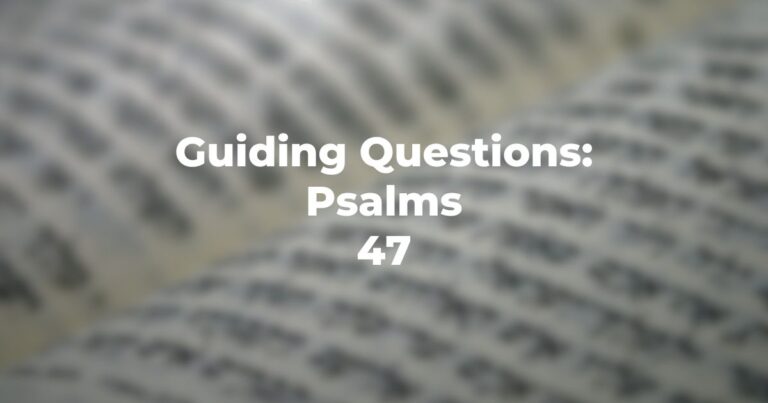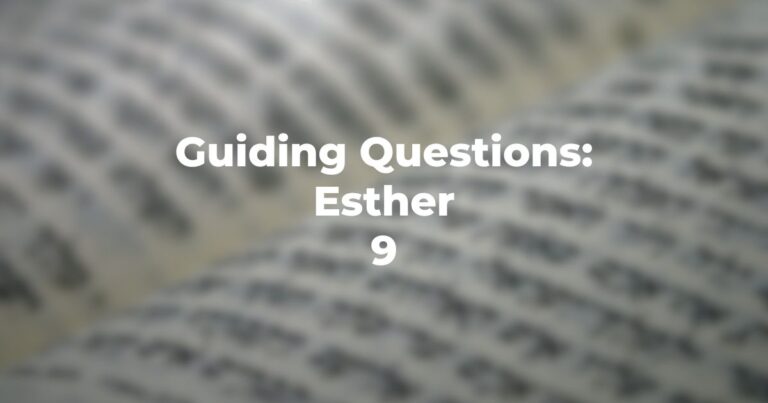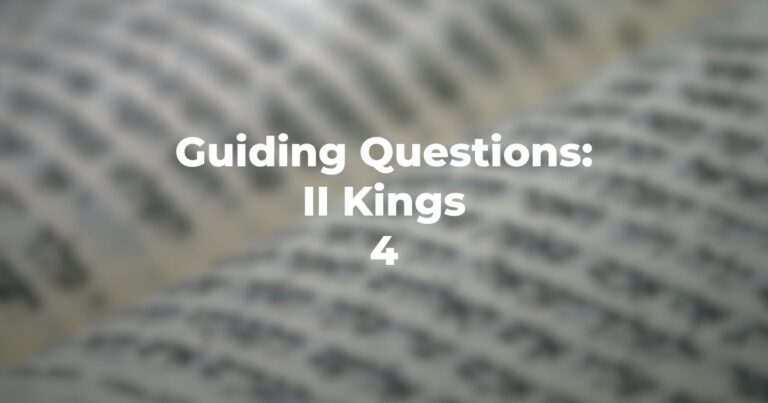- Although a lament, clearly, does the pleader specify the affliction and need?
- The term “servant” has been used in connection with Moses; is it somewhat presumptuous for the pleader to use it here (Psalms 86:2) — or is the pleader in a special relationship to the Divine, perhaps as a king?
- Would Psalms 86:8 imply that the pleader is a polytheist — or does it have other meaning?
- Would the end of Psalms 86:10 give the answer to the question raised above?
- In Psalms 86:16 appears the translation “the son of your maidservant” or the Hebrew “ven amatekha”. If this Hebrew word is pointed “amiteka” it would mean “your truthful/loyal son (or servant)”. Which pointing would seem more related to the overall Psalm?
Author
-

Exploring Judaism is the digital home for Conservative/Masorti Judaism, embracing the beauty and complexity of Judaism, and our personal search for meaning, learning, and connecting. Our goal is to create content based on three core framing: Meaning-Making (Why?), Practical Living (How?), and Explainers (What?).
View all posts




